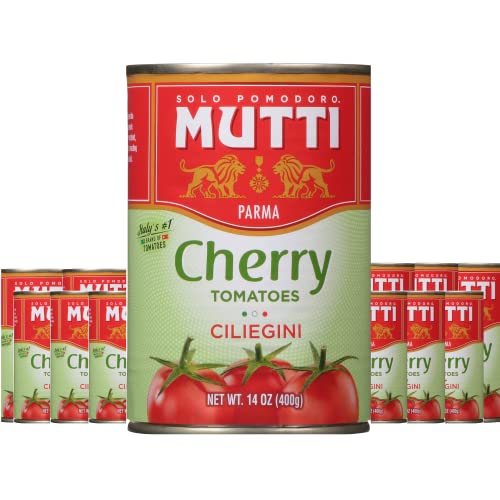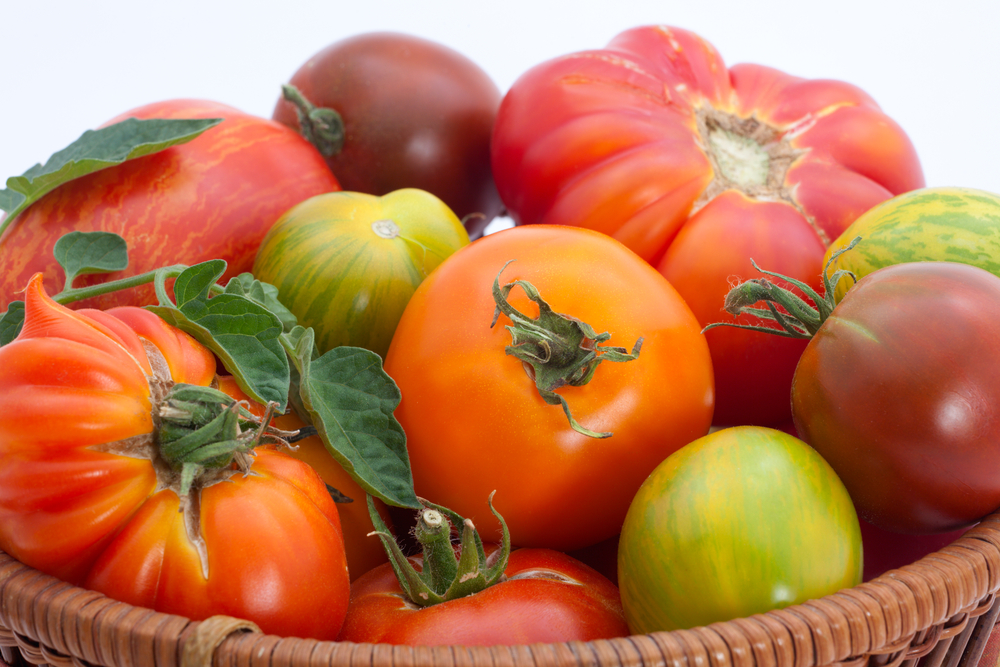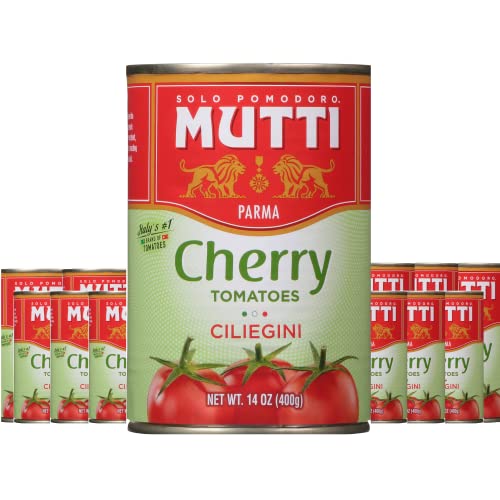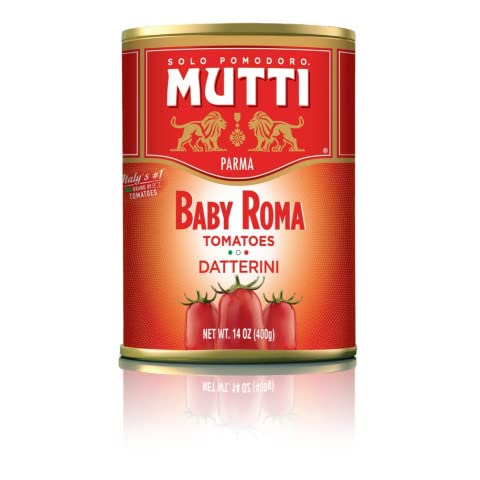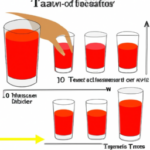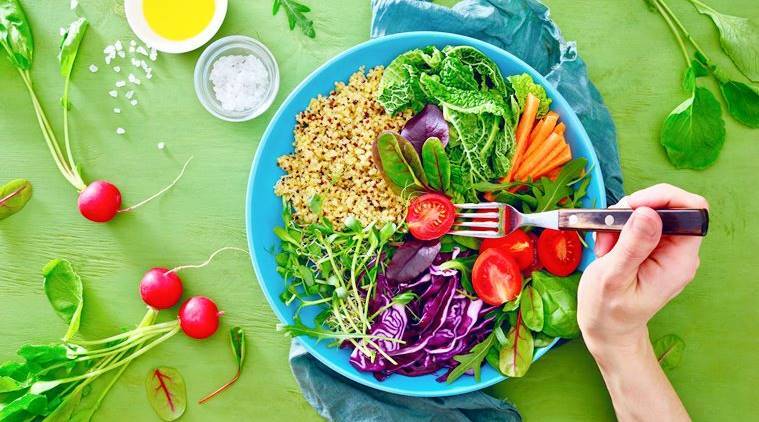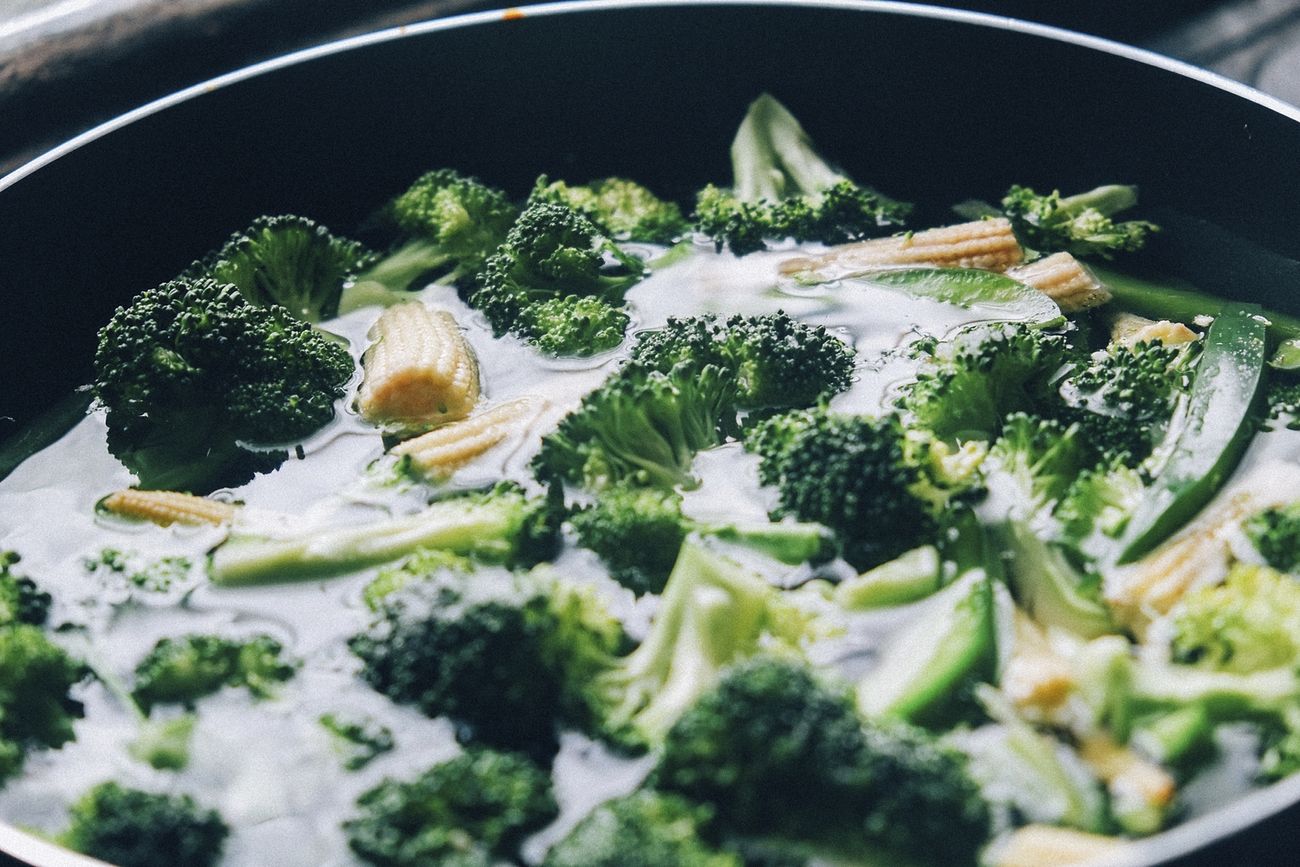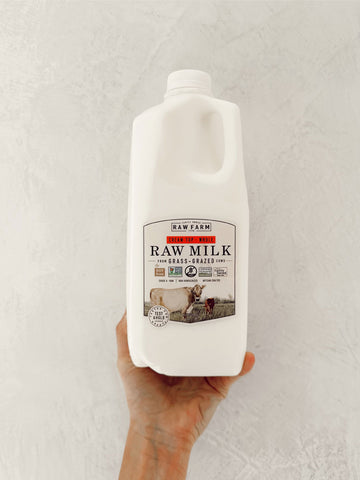Nutritional science delves into how food and other dietary components are transformed into bodily tissues, providing energy, promoting growth, and supporting overall health.
Tomatoes are an excellent source of lycopene and vitamin C, two antioxidants which may reduce the risk of heart disease. Furthermore, they contain potassium and lutein which are essential for eye health.
How Does Nutrition Compare Between Ripe Raw Tomatoes and Canned Tomatoes?
The nutritional content of ripe raw tomatoes and canned tomatoes can vary slightly depending on the brand and processing methods used. Here is a general comparison of the nutritional content of these two tomato products:
Ripe Tomatoes
Fresh from your local market
- Rich in vitamin C, providing 28% of the Daily Value (DV) per medium tomato
- Good source of vitamin A, providing 20% DV per medium tomato
- Low in calories, with only 22 calories per medium tomato
- High in potassium, with 6% DV per medium tomato
- Contains fiber, with 1 gram per medium tomato
Canned tomatoes
We recommend the Mutti Brand!
- Rich in vitamin C, providing 20-30% DV per serving (1/2 cup to 1 cup)
- Good source of vitamin A, providing 10-15% DV per serving
- Low in calories, with approximately 30-40 calories per serving (1/2 cup to 1 cup)
- High in potassium, with approximately 10% DV per serving
- Contains fiber, with 2-3 grams per serving
Canned tomatoes may also contain additional ingredients, such as salt and other preservatives. It is important to read the nutrition label and ingredient list when selecting canned tomatoes to ensure that they fit into a balanced diet.
In general, both ripe raw tomatoes and canned tomatoes can be healthy sources of vitamins, minerals, and fiber. However, canned tomatoes may have slightly less vitamin C and more sodium than raw tomatoes, depending on the brand and processing method. Nonetheless, canned tomatoes can be a convenient and nutritious ingredient to have on hand for a variety of recipes.
Lycopene
Lycopene, the red pigment that gives some fruits and vegetables their vibrant colors, has been identified as an effective antioxidant that may protect against cancer, high cholesterol, and heart disease. Furthermore, studies have suggested that lycopene may help prevent gingivitis and periodontitis from developing.
Lycopene is primarily found in tomatoes and tomato-based products like ketchup or salsa in the United States. Other sources of lycopene include watermelon, paprika, and red cabbage. Tomatoes also provide several other antioxidants like beta-carotene and vitamin C.
Though ripe raw tomatoes are the most nutrient-rich, barely ripe tomatoes contain much less. This is because their lycopene levels decrease due to storage and respiration, as well as reduced sugar content.
Generally, it’s best to wait for raw tomatoes until they’re more ripe and juicy. Doing so can affect their nutrient content as well as flavor.
When tomatoes are at their ripest, they’re packed with lycopene and other beneficial nutrients like vitamin C and potassium. That makes a handful of freshly-ripened tomatoes an ideal snack or addition to salads and soups.
Lycopene is found in all types of tomatoes, but especially abundantly in cherry and grape tomatoes (both yellow and orange in color) as well as green tomatoes. Furthermore, sundried tomatoes which have been cooked slowly before drying have significantly higher lycopene levels than fresh counterparts.
Studies have demonstrated that lycopene can lower healthy individuals’ LDL cholesterol and blood pressure. One such study demonstrated that a daily dose of 25 milligrams of lycopene was enough to reduce LDL by around 10% – similar to the effect experienced when taking low doses of statin drugs.
Consuming more lycopene-rich foods is the best way to improve your health and reduce the likelihood of developing heart disease or other serious medical issues. A great strategy would be eating an abundance of vegetables and fruit daily, along with including raw or cooked tomatoes into your meals on a regular basis.
If you’re unsure which tomato type is ideal for your diet, consult a dietitian to ensure you’re getting enough lycopene and other essential nutrients. Enjoy meals knowing that what you eat contributes to living the healthiest possible life!
Vitamin C
Raw tomatoes contain 23.4 milligrams of Vitamin C per 100 grams, and sun-dried tomatoes and canned tomato juice also offer small amounts with 9 and 18 milligrams respectively to your daily intake of this important nutrient.
Tomatoes are an excellent source of antioxidants, which may protect you against heart disease, cancer and other illnesses. They contain Vitamin C, lutein, zeaxanthin and lycopene that combat free radicals that cause inflammation and cell damage. Furthermore, tomatoes help regulate your blood sugar levels which could reduce the risk of diabetes.
Lycopene in tomatoes may help prevent cancer by hindering cancer cells from attaching to your blood supply. Furthermore, it has been known to lower blood pressure and protect against kidney stones.
Emphysema and stroke risk can be reduced significantly through exercise. Not only that, but it also eases inflammation, boosts your immunity, keeps cholesterol low and even helps prevent vascular disease – the buildup of plaque in arteries – from occurring.
Additionally, vitamin A helps keep your eyesight healthy by preventing night blindness. It also aids in bone growth and strength. Furthermore, it supports digestion by controlling stomach acid production within the body.
Tomatoes can help you maintain a healthy weight and increase energy levels. They contain fiber, potassium and folate as well as chromium which aids in keeping blood sugar stable in the body.
Another reason why tomatoes are beneficial to consume is that they contain phytonutrients which may protect against certain types of skin cancer. These phytonutrients have anti-inflammatory properties and make your skin less sensitive to UV rays.
These phytonutrients may reduce the risk of various health conditions, such as osteoporosis, diabetes and macular degeneration. Furthermore, they improve memory and decrease the likelihood of having a heart attack or stroke.
A study published in Critical Reviews in Food Science and Nutrition revealed that consuming tomatoes may lower the risk of coronary heart disease. Furthermore, tomatoes contain several antioxidants which can fight free radicals that could lead to cardiovascular disease; these include lutein, zeaxanthin, lycopene and beta-carotene.
Potassium
Tomatoes contain high amounts of potassium, which may help keep your blood pressure under control. Furthermore, they offer Vitamin A and Lycopene for added nutritional benefit; additionally, tomatoes are packed with fibre which promotes satiety and helps you feel full longer – potentially aiding weight loss too!
Potassium is an essential mineral for the body, supporting normal bodily processes like energy production. It can be found in many foods but is especially abundant in tomatoes.
It is essential to remember that tomato plants require an ongoing supply of nutrients throughout their growth period. They absorb nitrogen and potassium during this time, with peak absorption occurring during fruit development and flowering, then decreasing levels during leaf senescence.
Accordingly, the amount of these nutrients in tomato fruits can vary significantly depending on when they are harvested and how they are processed or stored.
Thermal treatment of processed tomatoes often leads to the degrading of some key nutrients like Vitamin C, folate and b-carotene. As a result, products like tomato juice have much reduced concentrations of these essential vitamins and minerals.
Unprocessed and thermally treated tomatoes contain different levels of the antioxidant lycopene. Lycopene has better heat tolerance than b-carotene, so it tends to remain more stable in products after being heat treated.
Though a diet high in potassium-rich foods like tomatoes can have beneficial effects on your health, you should still be aware of potential risks associated with eating too much. For instance, those taking beta-blockers must be aware that excessive potassium could increase their risk for hyperkalemia (excess potassium in the bloodstream). People with impaired kidney function or joint pain also face an increased vulnerability to acid from these foods when consuming them – leading to symptoms such as heartburn.
Iron
Tomatoes contain a range of beneficial nutrients for health. These include dietary fiber, reducing sugars, vitamins, minerals, essential aminoacids, phytosterols and antioxidants. Lycopene and b-carotene are two primary antioxidants found in tomatoes; these compounds have several health benefits such as cancer and heart disease prevention, antiproliferative activity, antiidiabetic effect and anti-inflammatory action.
Vitamin C is another essential nutrient found in tomatoes. It aids the absorption of iron from plant sources and boosts your immunity to infection, as well as helping form red blood cells. You can get this essential nutrient from various sources including vegetables and fruits.
Tomatoes are packed with essential vitamins and minerals, as well as antioxidants and fatty acids. With a low glycemic index, they make for a nutritious choice for diabetics. Furthermore, tomatoes contain potassium, calcium, folate, vitamin K for good vision, and vitamin A for bone development – essential nutrients needed for good vision!
Ripe raw tomatoes vary in nutrient content depending on processing methods and conditions. Heat treatment during processing can alter levels and types of carotenoids such as lycopene and b-carotene; studies show lycopene to be more resistant to isomerization than b-carotene, with thermal stability depending on both chemicals structure and location within cells of unprocessed tomatoes.
Isomerization is a common process in industrial processing that can significantly reduce or even eliminate the nutritional value of food products. It occurs when all-trans carotenoids undergo heat treatment and transform into cis-forms due to factors like the amount and type of heat applied, processing time, oxygen content in the food product, and tomato variety.
Industrially processed foods typically contain lower levels of lycopene and b-carotene than their raw counterparts, and other carotenoids may undergo isomeric transformations due to processing method, duration, and temperature.
Sodium is another mineral that often gets stripped away during processing, so it’s essential to monitor your sodium intake if you consume food that has been altered. Opting for products made with fresh tomatoes that have no-salt added can help significantly reduce sodium consumption.
Aurelia is the Editor-in-Chief of The Graceful Kitchen, a vegan lifestyle blog that focuses on delicious, nutritious, and ethical eating. A lifelong vegan, Aurelia is passionate about sharing her love of plant-based cuisine with others. She is a regular contributor to several online and print publications, and has been interviewed by major news outlets about the benefits of a vegan diet. In her free time, Aurelia enjoys cooking, hiking, and spending time with her cats.
